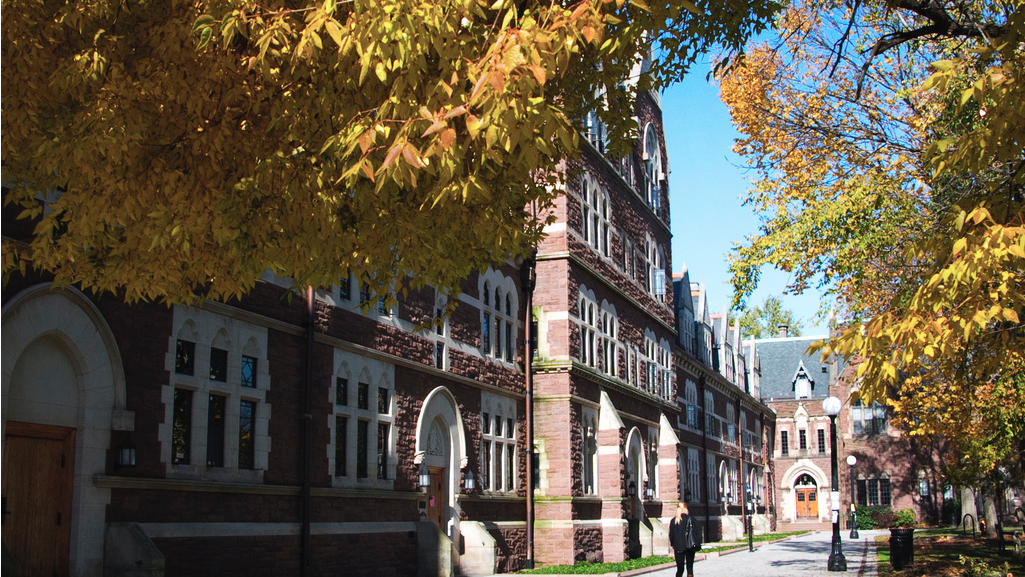CHRIS BULFINCH ’18
NEWS EDITOR
Trinity announced its decision to waive application fees for first-generation undergraduates on Friday, Sept. 23. The notice of the change, posted to Trinity’s website on Friday, explained that “Trinity College has eliminated application fees for all students who would be the first in their families to graduate from college.”
According to Angel Perez, Trinity’s Vice President for Enrollment and Student Success, the change was inspired, in part, by the College’s commitment to the principles of “Reach Higher,” an education initiative championed by Michelle Obama.
Described on the White House’s website as “the First Lady’s effort to inspire every student in America to take charge of their future by completing their education past high school whether at a professional training program, a community college, or a four-year college or university.” The website contains lists of scholarships, tools for selecting appropriate schools, as well as detailed compilations of data on various colleges.
Trinity’s announcement explained that Trinity is engaged in a similar “effort to tear down a barrier between first-generation students and educational opportunities.” The new policy takes the form of a box on the Common App that students can check indicating that they are the first of their family to attend college; the application fee is immediately waived.
The new admissions policy also reflects Trinity’s partnership and participation with “I’m First,” an online advocacy organization for first-generation college students.
Trinity’s fee of $65 falls on the lower end of cost relative to peer institutions, whose fees can run upwards of $80.
If a student applies to many colleges, the cost is magnified, and application fees are often crippling financial obstacles for students from less affluent backgrounds.
The purpose of application fees is primarily deterrence. If it were free to apply to college, admissions offices would be inundated with less-than-serious applications, further obstructing an already complicated and costly system.
Before the implementation of the new measure, which will go into effect immediately, Trinity often did waive application fees for students, albeit on a case-by-case basis, and only upon request.
The new policy seeks to systemize the waiver of application fees, which in turn helps to ameliorate the stigma sometimes associated with first-generation status, particularly with regard to money. In the words of Perez: “If you don’t systematize [the fee waiver], then you’ll lose the kids who don’t have the courage to ask… it’s embarrassing.”
Trinity is apparetly on the cutting edge of such change to the college application process. The only one of its peer institutions to have such a policy is Bowdoin.
Very few colleges currently have systematized fee waivers for first-generation applicants, though Trinity’s example may inform other schools.
The removal of application fees for first-generation college students applying to Trinity follows in the wake of a number of changes to the College’s admissions policies over the last year. Last year’s switch to a test-optional admissions process and the addition of a Trinity-specific essay helped to both open the applicant pool to as many students from diverse backgrounds as possible while simultaneously ensuring the seriousness of each candidate.
The move away from application fees for first-generation students helps to, in the words of Perez, “make sure that Trinity continues to be a place that represents society.”
Trinity Waives First-Generation Application Fees





+ There are no comments
Add yours